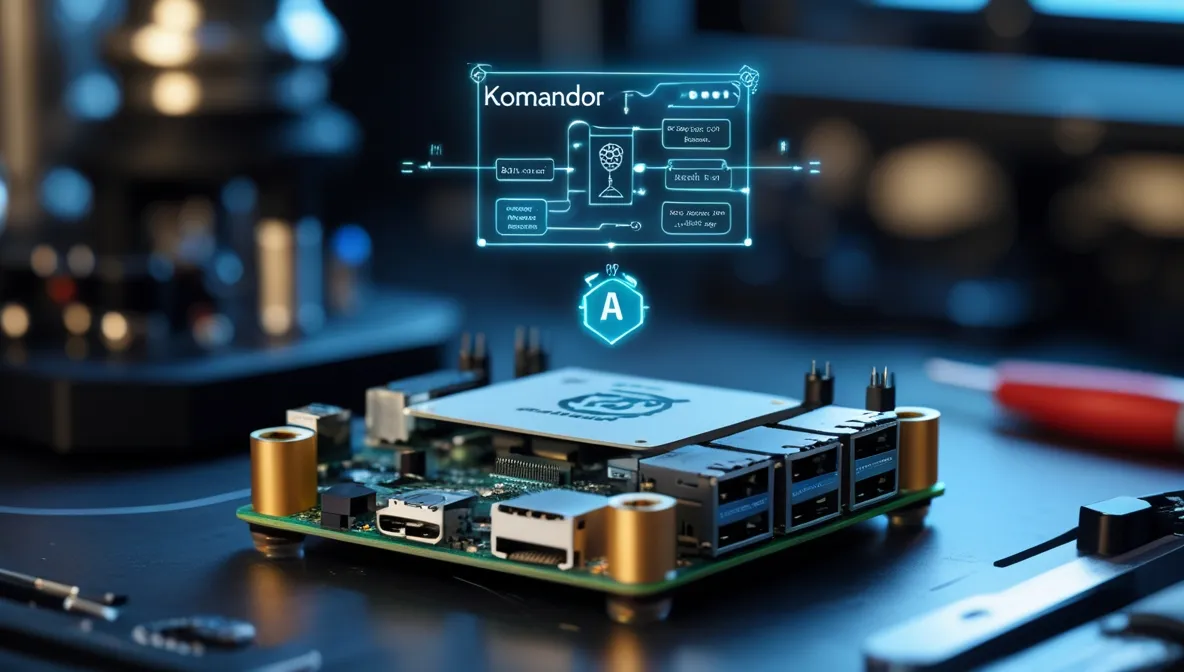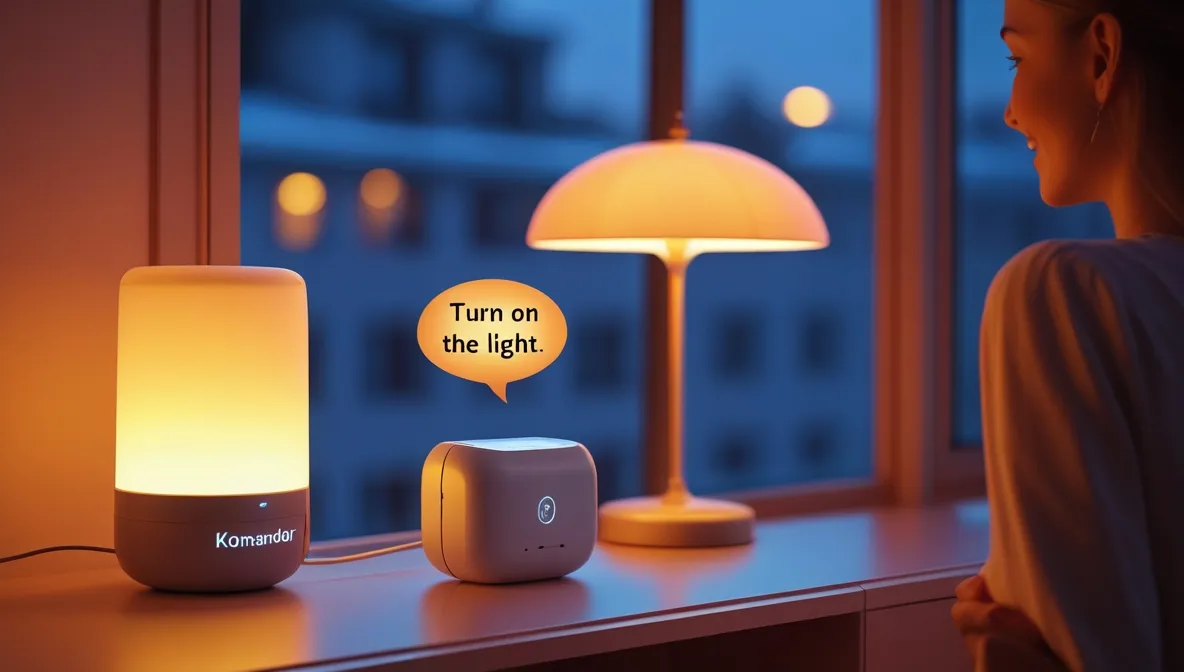‘Komandor’ Without Clouds: Russian Scientists Build an Autonomous Smart Home of the Future
Scientists at Novosibirsk State University (NSU) have developed a new voice-controlled smart home system, ‘Komandor,’ that operates entirely offline. Unlike most global analogues, it processes all speech and commands locally—offering a glimpse into a future where privacy and autonomy define everyday technology.

Autonomy as an Advantage
In an era when even household appliances are connected to the internet and voice assistants constantly listen for commands, concerns over privacy and data security continue to grow. Against this backdrop, researchers at Novosibirsk State University have introduced ‘Komandor,’ a voice interface for smart homes that functions entirely without an internet connection.
Every step—from speech recognition to command execution—occurs locally on a compact device similar to a Raspberry Pi. No voice data leaves the system. This design eliminates the risk of external interception while also boosting response speed.

How It Works
Komandor’s architecture is built on three AI models. The first converts speech into text, the second interprets the meaning of the command, and the third executes it — whether turning on lights, powering off a fan, or scheduling a delayed action such as ‘turn on the lamp in three minutes.’ All processing happens offline, without a single cloud query.
The result is not only faster execution but also enhanced control over personal data. For privacy-focused users, this represents a meaningful alternative to always-connected assistants.
Why It Matters for Russia
As technological sovereignty becomes a national priority, Komandor’s design takes on strategic significance. By removing dependence on foreign cloud services, the system strengthens Russia’s domestic IT ecosystem.
For consumers, it delivers an extra layer of confidence — conversations in their homes remain private and secure, never leaving the device. In broader terms, Komandor reflects Russia’s growing investment in privacy-first technologies that combine artificial intelligence with local data processing.

A Glimpse of the Future
The system’s potential extends far beyond private households. In the future, Komandor could integrate with standard communication protocols such as ZigBee, LoRaWAN, or HTTP, enabling its deployment in medical, educational, or government facilities where internet connectivity is limited or restricted.
The technology could also attract international interest, particularly in markets with strict data protection laws — including Japan and Northern Europe — where offline automation solutions are increasingly in demand. Globally, the concept of an ‘offline smart home’ has been explored in several studies since 2023, but practical implementations remain rare. Komandor is one of the first working prototypes to successfully realize this idea.

Next Steps
Pilot installations of Komandor are expected within the next one to two years in private residences and secure facilities. Long-term plans include commercialization, partnerships with IoT manufacturers, and potential export. Its success will depend on usability, affordability, device compatibility, and the ability to adapt to individual user behavior.
Ultimately, Komandor represents more than just another voice assistant. It embodies a paradigm shift — a smart home designed not as a data source for corporations, but as a personal space where comfort and digital sovereignty coexist.










































